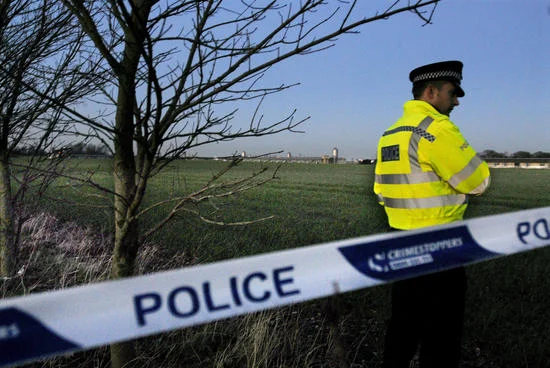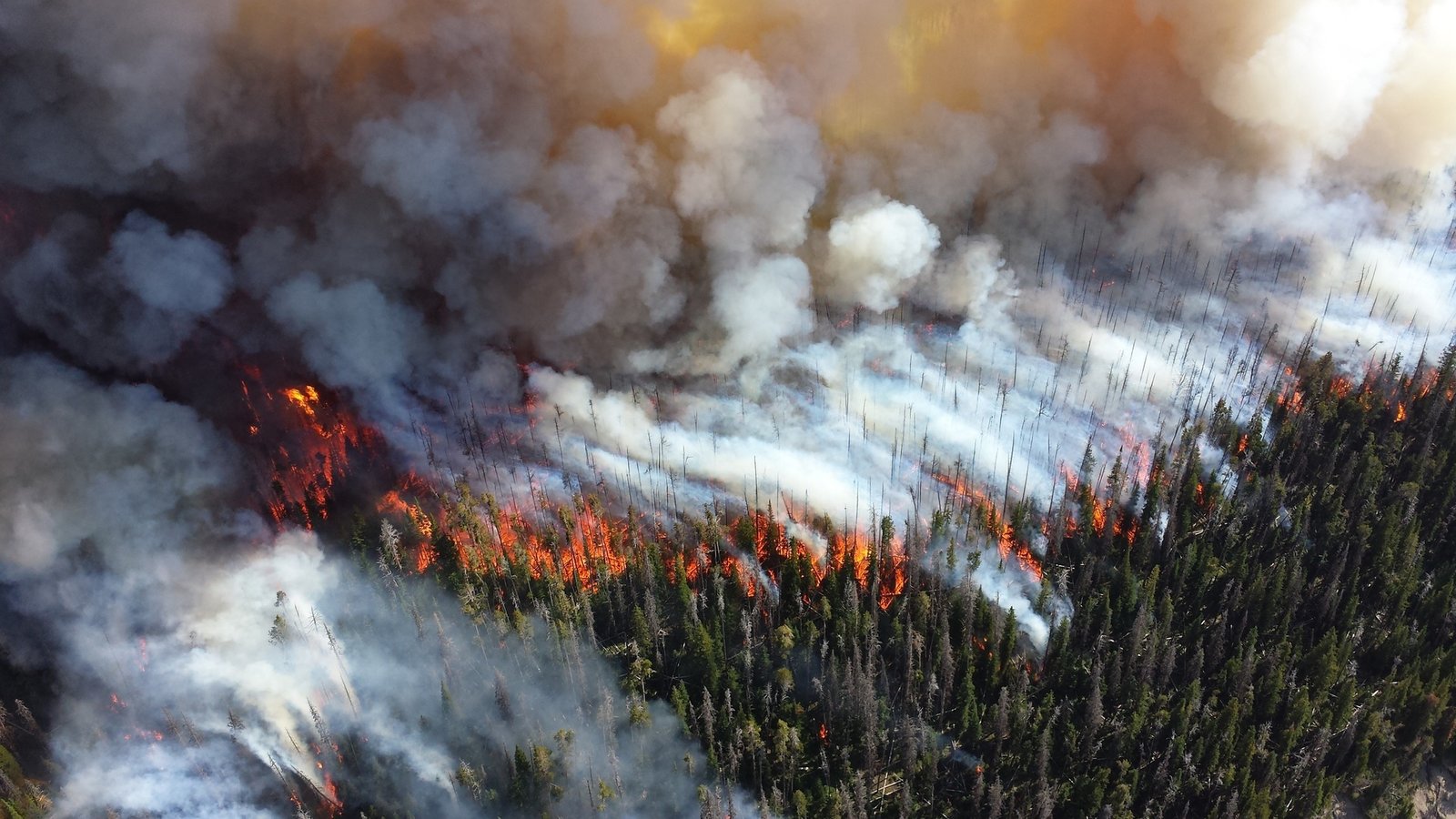Donald Trump Orders Airstrikes on Islamic State in Somalia

Donald Trump orders military airstrikes on Islamic State (IS) targets in Somalia, marking his first military action since returning to the White House. The strikes, which targeted senior IS planners hiding in the Golis Mountains of north-east Somalia, were announced by Trump on social media. In his post, he declared,
“These killers, who we found hiding in caves, threatened the United States and our Allies. The strikes destroyed the caves they live in, and killed many terrorists without, in any way, harming civilians.”
The phrase Donald Trump orders airstrikes quickly gained traction, sparking reactions both in the US and abroad.
Explore More International News
While the full extent of the casualties remains unclear, the Somali government acknowledged the US-led operation, describing it as a reinforcement of the strong security partnership between Somalia and the United States. The Somali president’s office stated they “welcome the continued commitment under the decisive leadership of President Donald Trump.” The Pentagon also weighed in, with US Defence Secretary Pete Hegseth confirming that “multiple operatives were killed in the airstrikes and no civilians were harmed.”
This isn’t the first time US forces have struck IS targets in Somalia, but it marks Trump’s first engagement with the region since his return to power. During his first term, Trump ordered similar strikes but also withdrew hundreds of US troops from Somalia in the final weeks of his presidency. His successor, Joe Biden, reversed that decision in 2021, re-establishing a continuous US military presence in the country. Interestingly, despite Trump’s historical stance on reducing US involvement in foreign conflicts, his quick move to order these airstrikes indicates a more assertive approach this time around.
The targeted IS group in Somalia was formed in 2015 by defectors from the al-Qaeda-affiliated al-Shabab. Though smaller than its Middle Eastern counterparts, IS in Somalia is notorious for extortion and sporadic attacks. According to the US Office of the Director of National Intelligence, their influence is primarily limited to parts of Africa, but their presence still poses a threat to regional stability.
Trump’s announcement didn’t come without political undertones. He criticised the Biden administration for allegedly failing to act swiftly against the IS planner, claiming,
“Joe Biden and his cronies didn’t act quickly enough to get the job done. I did!”
This is not the first time Trump has taken swipes at his predecessor’s foreign policy decisions. In 2023, under Biden’s leadership, US forces killed IS leader Bilal al-Sudani and ten of his operatives in Somalia.
The broader implications of Donald Trump ordering airstrikes in Somalia raise questions about his long-term foreign policy direction, especially concerning Africa. While Trump has historically de-prioritised US outreach to Africa, focusing instead on domestic affairs and relations with larger global powers, this move suggests a shift in strategy. Given the increasing influence of Russia and China in Africa, Trump’s administration may be viewing the continent through a more competitive lens. His former defence secretary, Mark Esper, mentioned in his memoir that Trump “didn’t see much value” in maintaining a significant US presence in Africa. However, Somalia’s strategic importance in combating terrorism might influence Trump to maintain, or even expand, US involvement in the region.
For Londoners, this development may feel distant, but it’s worth noting that global terrorism and foreign policy decisions can have ripple effects, including on international security partnerships and intelligence sharing with the UK. As IS continues to regroup in various parts of Africa, vigilance remains key for nations like the UK, which have long been allies in the fight against terrorism.
More information on the US military’s operations in Somalia, can be found at the US Department of Defense official website.
For more updates on international developments and their impact, visit EyeOnLondon. We’d love to hear your thoughts in the comments.
Follow us on:
Subscribe to our YouTube channel for the latest videos and updates!
We value your thoughts! Share your feedback and help us make EyeOnLondon even better!









